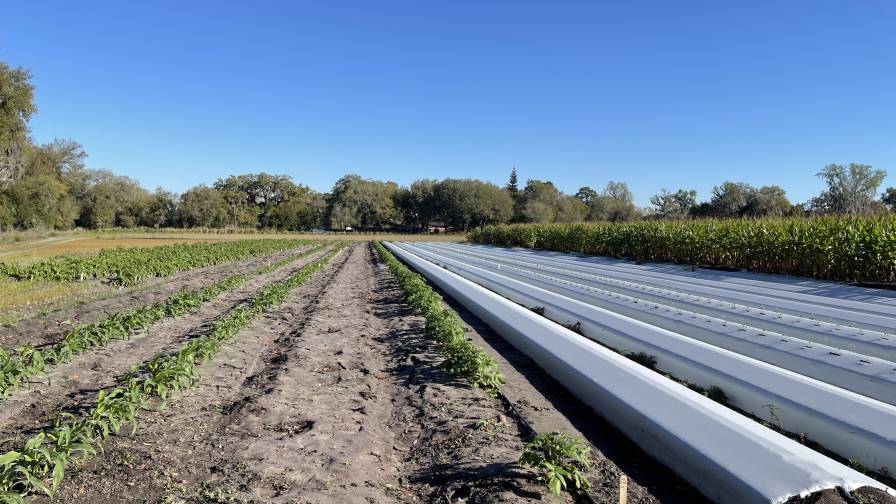Coalition Pushes For E85 Legislation
A broad coalition is encouraging U.S. House of Representatives leadership to advance E85 fuel infractructure legislation.
In a first-of-a-kind effort, a broad coalition of ethanol producers, automakers, agricultural advocates, convenience store owners, petroleum marketers, and equipment manufacturers are encouraging Speaker of the House Nancy Pelosi (D-CA) to include tax credits that support new alternative fuel infrastructure in any pending energy bill or stimulus package.
“Both Presidential candidates and several members of Congress have recently called for mandatory production of flexible fuel vehicles,” states Phil Lampert, executive director of the National Ethanol Vehicle Coalition. “We support increased production of flexible fuel vehicles or FFVs, but frankly, that overlooks the primary issue which is the lack of sites to fuel these vehicles. Chrysler, GM, and Ford have each pledged to manufacture 50 percent of their entire vehicle line as flexible fuel in model year 2012, if infrastructure develops. Currently, we have less than 1,800 fueling sites where consumers can find E85. This compares with the more than 164,000 gasoline stations. More FFVs are certainly needed, however today, the most important objective is to increase the number of stations that offer E85 and other high level blends of ethanol."
The coalition sending the letter to Pelosi is asking that H.R. 6734 — the E85 and Biodiesel Access Act introduced by Rep. Stephanie Herseth-Sandlin (D-SD) and Rep. John Shimkus (R-IL) — be included in any energy legislation that may be approved during this session of Congress.
The E85 and Biodiesel Access Act would enhance the Alternative Fuel Vehicle Refueling Property Credit. Currently, the existing credit allows gas stations owners to claims a 30 percent tax credit for the cost of installing clean fueling equipment, up to a maximum of $30,000 or 30 percent of the total cost. Additionally, the U.S. Internal Revenue Service limits the credit only to the amount a duel fuel dispenser exceeds the cost of a conventional dispenser. The E85 and Biodiesel Access Act would increase the credit from 30 percent of the cost of clean fueling property to 50 percent and increase the maximum credit to $100,000. The Act would also extend the existing credit which is currently scheduled to expire at the end of 2009.






